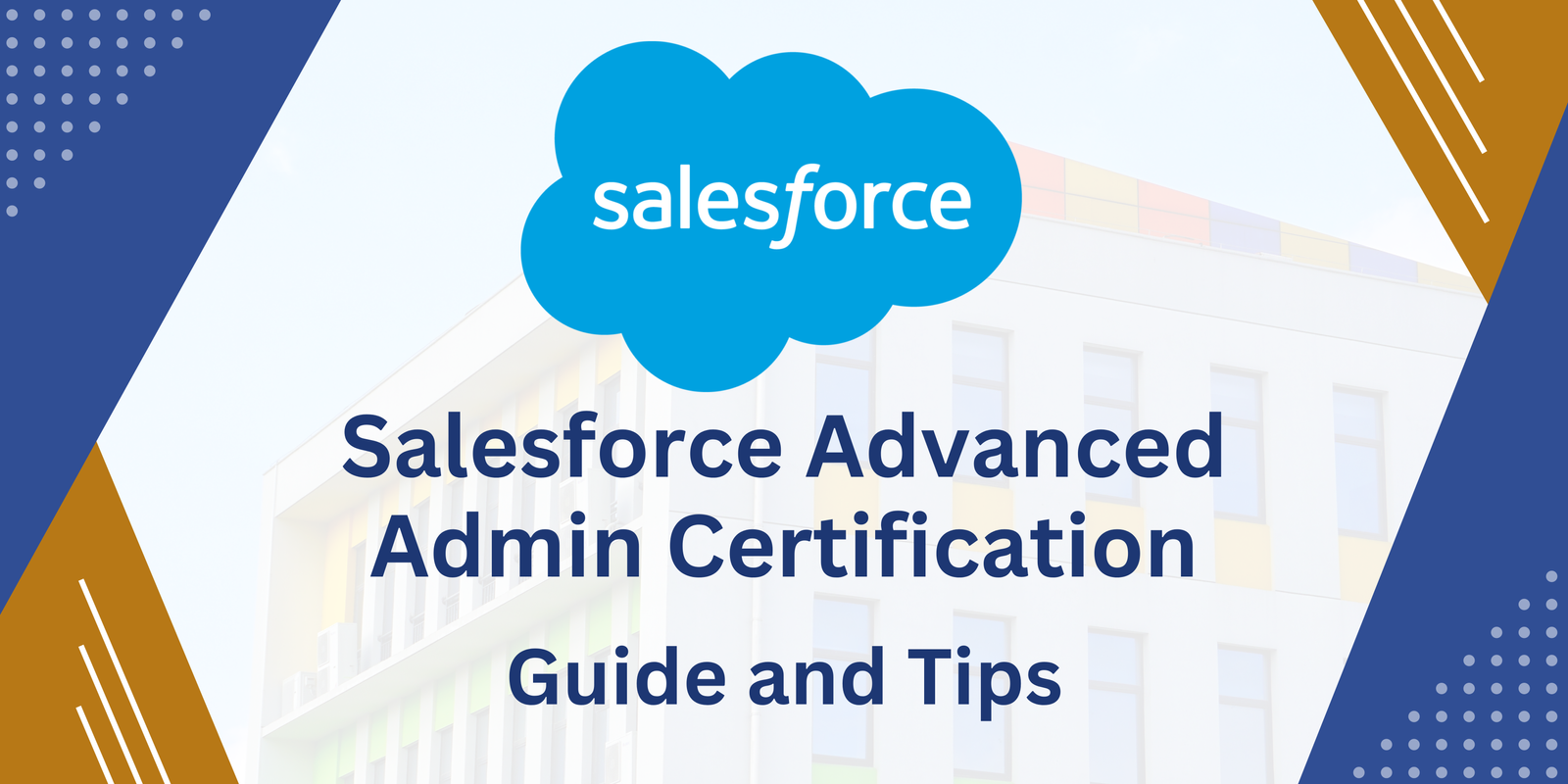
Salesforce Advanced Admin Certification Guide and Tips
You must have previously passed the Salesforce Certified Administrator test in order to advance to the Certified Advanced Administrator level. You can learn Advance Admin through the Salesforce Advanced Admin Certification Guide and Tips, which builds on your basic administrator knowledge. It covers additional capabilities not covered in the Admin exam and offers in-depth lectures on aspects that are briefly addressed in the Admin exam.
In addition to choosing the appropriate feature, you must determine whether or not this is the standard method of carrying out tasks in the Advanced Admin Salesforce test, which is built around several situations. Since this test covers some of the same material as other Salesforce examinations, it might be best to prepare for it concurrently with Sales Cloud Consultant, Service Cloud Consultant, or Platform App Builder certifications.
Ideal Candidate
I think this is one of the most underrated examinations since it adds another level of complexity to Salesforce’s administrative infrastructure. In my opinion, this test is appropriate for any Salesforce specialist, including administrators, developers, consultants, and architects. Before taking the test, a candidate usually has to have at least a year of experience managing a Salesforce organization.
Key Topics of Salesforce Advanced Admin Certification
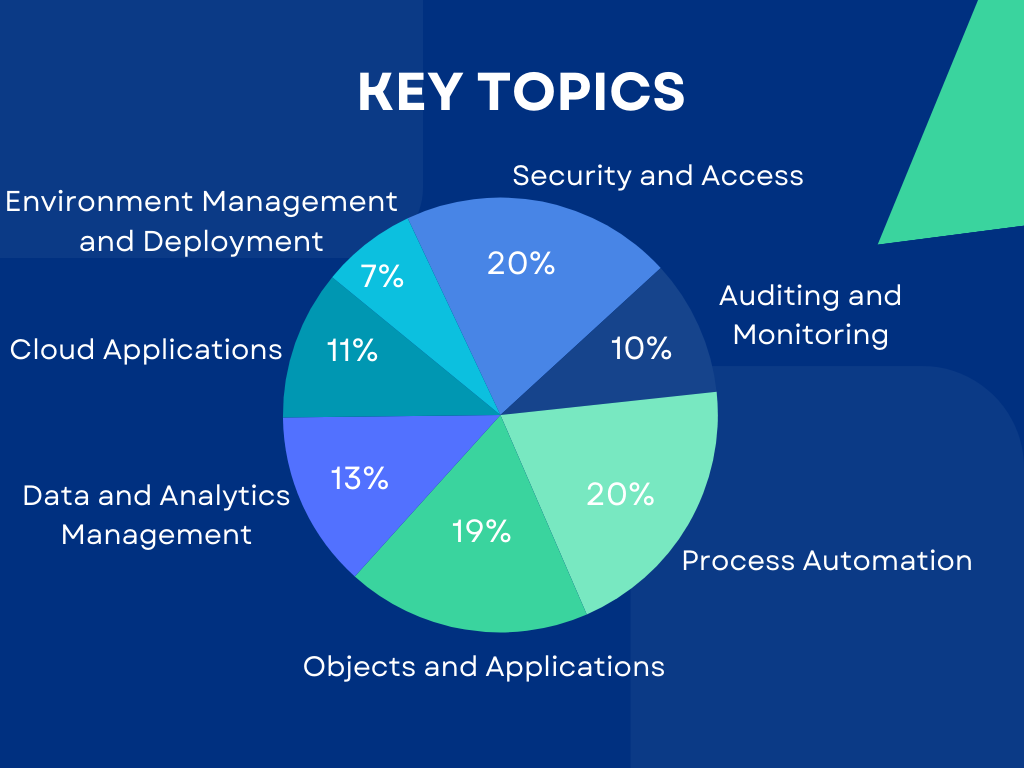
1. Security and Access – 20%
Security is crucial in Salesforce to guarantee that users may only view the information that they require and that confidential information is only visible to those users. This exam section focuses on the various strategies needed to manage field and record access. You’ll need to be knowledgeable about things like:
- Organization Wide Defaults
- Role Hierarchy
- Sharing Rules
- Profiles
- Permission Sets
- Field Level Security
- Record Types
- Security with Experience Cloud
Additionally, you must comprehend Enterprise Territory Management, especially with regard to record sharing. It is expected of an Advanced Administrator to understand the limitations of Delegated Administration and to be able to compare Custom Profiles to Permission Sets.
Selecting the appropriate answer for the given problem is crucial in this situation. Verify your understanding of the appropriate uses for profiles, permission sets, sharing rules, roles, and other features, as well as how they work well or poorly together. For instance, even though a person has access to a record through sharing rules, they won’t be able to access it if their profile prohibits access.
2. Objects and Application – 19%
The connections that exist inside the system are covered in this section of the exam guide. You must comprehend the nature of parent-child relationships and master-detail relationships. Consider the use of roll-up fields, the consequences of removing records that have a master-detail, and the appropriate use and handling of Junction Objects.
Additionally, you must understand the many configuration choices for lookup fields, especially when removing data or applying filters. These aspects will probably be directly compared on the exam, and you will be expected to select the correct response. You can also be questioned about changing the sort of partnership.
3. Auditing and Monitoring – 10%
The Debug Log and the Setup Audit Trail are two of the many troubleshooting tools that are accessible to Salesforce administrators. You must understand the features that these tools offer and which tool to employ in light of the current circumstance in order to complete this section.
Although the tutorial does not specifically mention these tools, you should additionally take into account the following
- Field history tracking
- Feed tracking
- Email log files
- Any other tools Salesforce Administrators use to help troubleshoot
4. Cloud Applications – 11%
Eleven percent of the test consists of cloud applications. You must be aware of Service Cloud and Sales Cloud.
You will need to comprehend how to set up items and the accompanying objects—Price Books and Price Book Entries—in order to answer questions on Sales Cloud. Make sure you know how to allow access to Price Books and how Product Schedules are configured. Quotas, forecasting, comprehending the forecast hierarchy, forecast categories (Pipeline, Best Case, etc.), and forecasts comprise the remaining portion of this section.
In the part on Service Cloud, you must understand how to create and manage a knowledge base. Consider the licenses needed for this as well as the record kinds and data categories that can be used to regulate access.
Entitlements and Entitlement Processes are also covered in the exam. The best way to understand this is to get your hands dirty, so make sure to give it a try using the applicable Trailhead Modules!
5. Data and Analytics Management – 13%
This part emphasizes enhancing the quality of your Salesforce data by preventing inaccurate or duplicate information using tools like Validation Rules and Duplicate Detection.
Enriching records is part of data management, so be sure you understand the distinction between Data Loader and Data Import Wizard when it comes to importing data from other systems. AppExchange offers options that you should know about as well for importing data from third parties. Exam topics that may come up include archiving records of tasks, events, and activities.
The more comprehensive reporting features are also covered in this section. You must comprehend reporting snapshots, when to use custom report kinds, and how to include formulas and graphics in reports. Additionally, you can be asked how to use dashboard filters, cross filters, and “bucket” values.
Recall that a linked report is nothing more than an assortment of distinct reports grouped together under a single heading. The user only sees the data that they have access to on a dynamic dashboard.
6. Environment Management and Deployment – 7%
This section is mostly devoted to Change Sets, as one might anticipate. You must understand how they operate and how to utilize them to transfer your metadata, including fields and page layouts.
It’s crucial to understand that Change Sets cannot be utilized between developer orgs or unrelated orgs. Each environment—Production and Sandboxes—must be connected to the same Production environment. Remember to research best practices when implementing changes, such as:
- Dependencies are included.
- Adding Field Level Security-related profiles and authorization sets.
- Ensuring that 75% of the code is covered.
Additionally, you should be aware of alternative metadata-moving solutions, including ANT Migration Tool or Visual Studio Code.
7. Process Automation – 20%
This section includes the Approval Processes section. Recall that entry requirements must be met for a record to proceed through the approval process; validation rules are not followed. This section also covers Formula Fields, Process Automation (Workflow Rules, Process Builder, Flow), and when to employ (Apex) code rather than clicks.
Make sure you understand the capabilities of each automation tool, and think about earning the Process Automation Specialist Superbadge to get intimately acquainted with these resources and their applications.
Study Strategy
Divide the study guide into workable sections and concentrate on one subject at a time.
I think it’s helpful to finish any relevant Trailhead Modules, such as the suggested Super Badges and practical tasks. Keep in mind that this test is a step up from the Administrator certification, so be ready to respond to inquiries concerning the more “advanced” administrative features and offer the most suitable feature for the specific situation.
In my experience, taking notes and going over them again and again helps when studying for each certification. It is important that you compile your notes using official resources (such as Salesforce Help and Trailhead) as part of your preparation.
Make sure you are prepared to respond to inquiries like these:
- How do you allow users to change the passwords for specific groups?
- How come a Product cannot be added to an Opportunity?
- When is it better to utilize a permission set or a profile?
Exam Strategy
Maintaining composure and ensuring maximum preparation are crucial, just like in any Salesforce exam (as part of your study approach).
Make sure to thoroughly read the questions since the language plays a crucial role in identifying the right response. You should be able to rule out any possibilities that are erroneous through the process of elimination, leaving you to select the “best” option from the remaining options.
Make sure you use the provided pencil and paper if you are taking the exam in person. You can figure out the relationships between things or any acronyms you’ve acquired as part of your study plan by making diagrams or scribbling notes.
Two acronyms are useful while using Salesforce. The first one is called RTFQ, or “Read The Full Question.” This should serve as a reminder to pay attention to additional hints and the question’s can/can’t type wordings, which are often difficult to see. KISS, which stands for “Keep It Simple, Silly,” is the second. An illustration would be to use pre-built features (like Flow) rather than a coding solution (like Apex); this is the simpler, more manageable choice that makes use of off-the-shelf technology.
You can always go back to the questions you’re having trouble with in the end, so don’t be afraid to use the “Mark for Review” option. When you’re finished, I’d also advise (if you have time) going over each response to make sure you fixed any errors the first time.
Summary
The Advanced Admin Salesforce exam should be on your list of things to do in order to advance your career, since it lays the groundwork for later Salesforce examinations.
Take the time to get ready, and make sure you are familiar with the following features: Sales, Service, Automations, Relationships, Reports, Dashboards, and Reports.
Utilize your strengths to determine the most effective study strategy for you, and make use of the tools available to you (via Trailhead) to gain as much practical experience as you can before the big day.
Further
➡️ Salesforce Admin Certification
➡️ Salesforce Platform Developer 1 Certification
➡️ Salesforce JavaScript Developer Certification
➡️ Salesforce Platform App Builder Certification
➡️ Salesforce Consultant Certification
Free Practice Exams
🎁 Platform Developer 1 Practice Exam
🎁 Salesforce administrator Practice Exam
🎁 JavaScript Developer 1 Practice Exam
Premium Practice Exams
➡️ Salesforce Admin Practice Exams
➡️ Platform Developer 1 Practice Exams
➡️ JavaScript Developer 1 Practice Exams
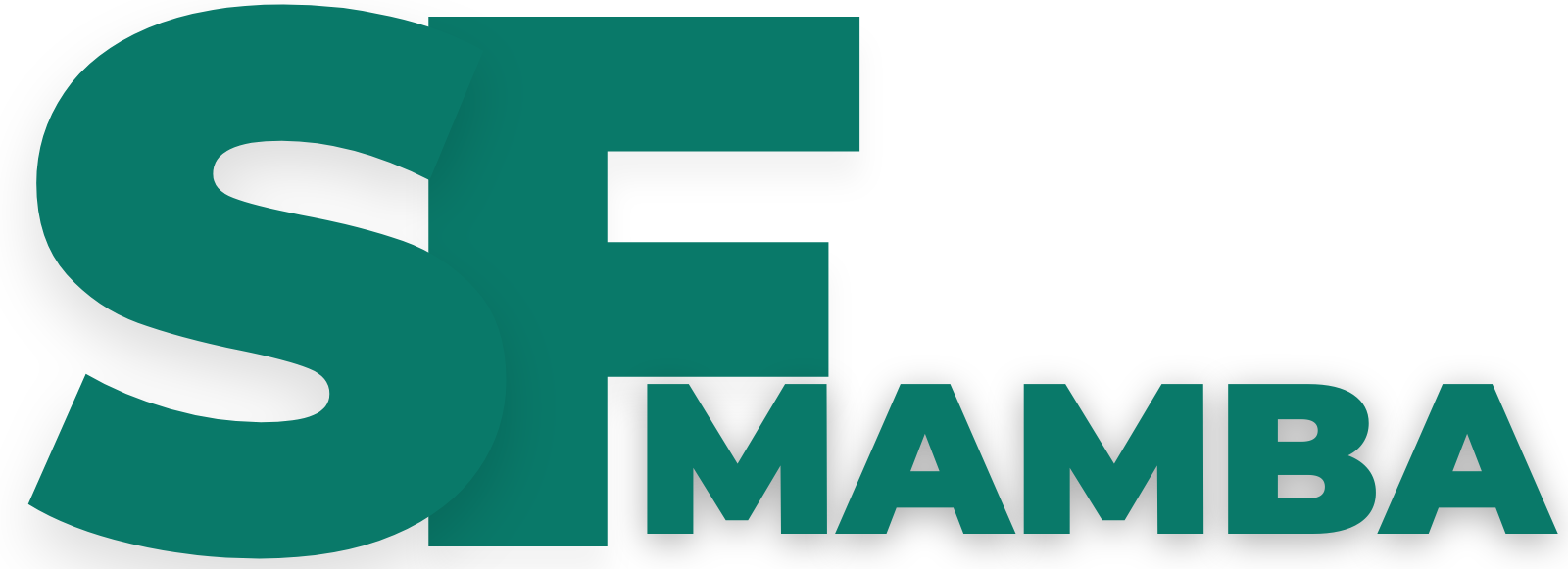
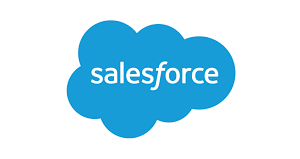
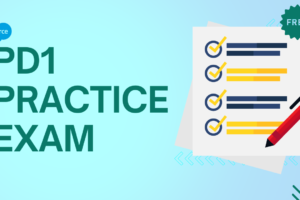
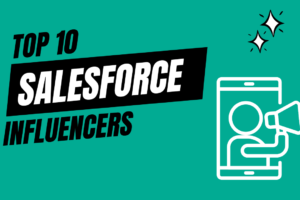
12 Comments